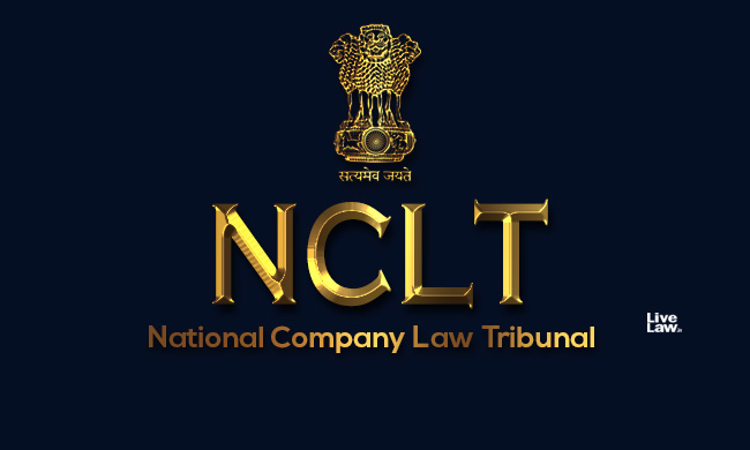The Supreme Court observed that Adjudicating Authority and Appellate Authority under Insolvency and Bankruptcy Code cannot compel a party to the proceedings before it to settle a dispute.While they Adjudicating Authority and Appellate Authority can encourage settlements, they cannot direct them by acting as courts of equity, the bench of Justices DY Chandrachud and AS Bopanna...

